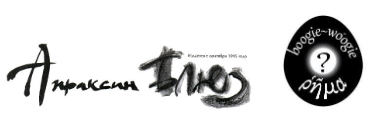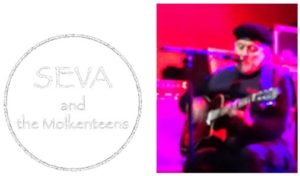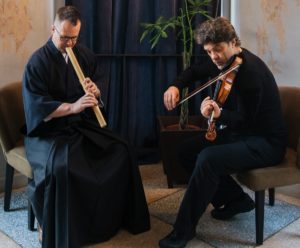“И мы это чувствуем.
Бывает, что в цирк приходит человек нетрезвый. Выпил, настроение поднялось, и он решает пойти в цирк, покуражиться. Подвыпивший человек, наблюдая, как прыгают акробаты, падают в опилки клоуны, считает, что и он может кое-что показать. Такие люди, спотыкаясь, лезут на манеж. подают на весь зал реплики, мешая и публике, и артистам.
У коверного Павла Боровикова был свой способ поставить на место пьяного. Он подходил к нему и на весь зал проникновенно говорил:
– Дорогой товарищ! Большое вам спасибо за то, что вы помогаете мне в работе. Как говорится: «Ум хорошо, а… полтора лучше».
Публика смеялась. Пьяный, как правило, замолкал. В юности я прочел рассказ о том, как один человек ежедневно ходил в цирк и ждал, что кто-нибудь упадет и разобьется или кого-нибудь разорвут львы. Причем не просто ждал, а мечтал о таком зрелище. Может быть, такие люди и есть, но я их не встречал…”
Юрий Никулин. “Почти серьёзно”
///
Духовный:
“Душевный человек не принимает того, что от Духа Божия, потому что он почитает это безумием; и не может разуметь, потому что о сем [надобно] судить духовно. Но духовный судит о всем, а о нем судить никто не может».
Ап. Павел. (1 в.)






